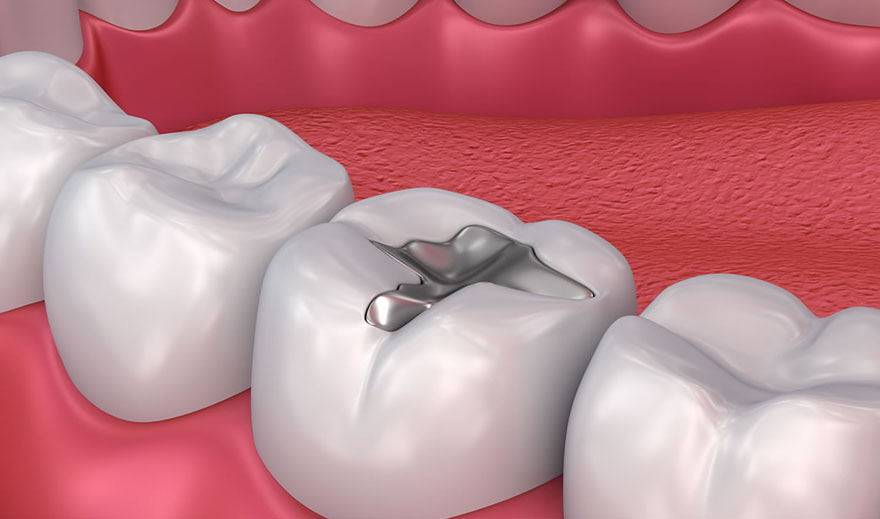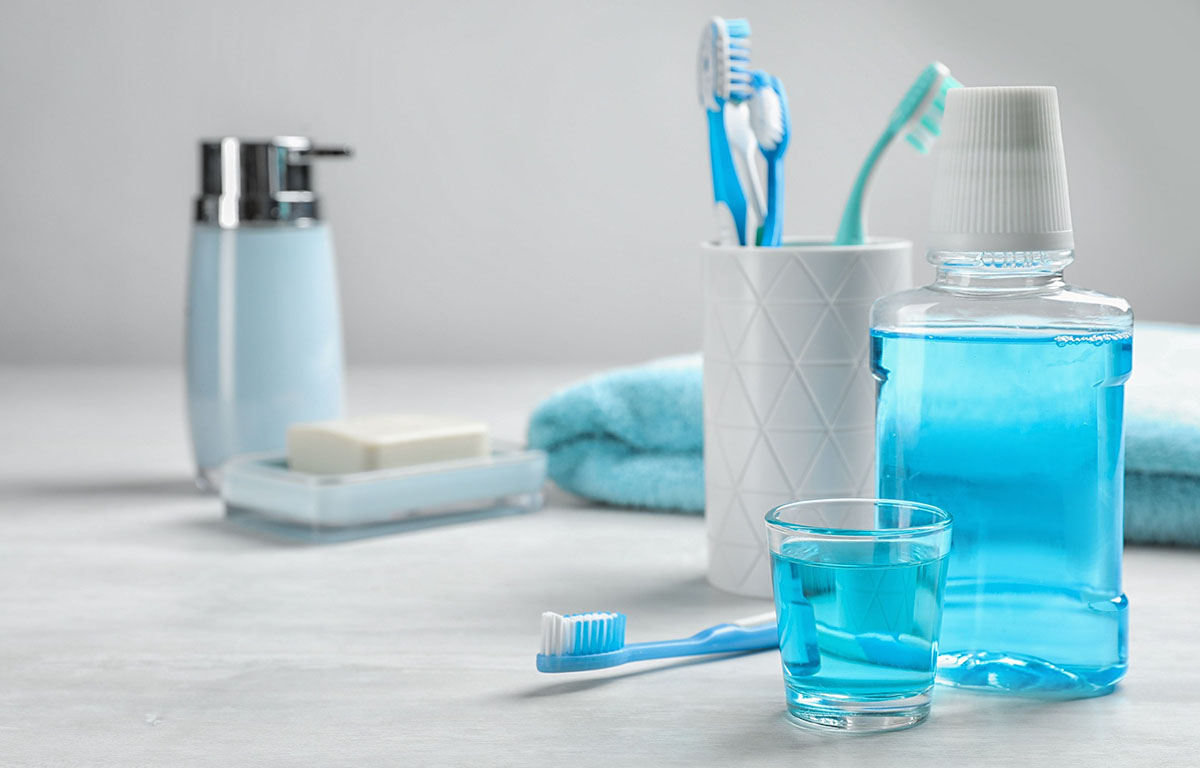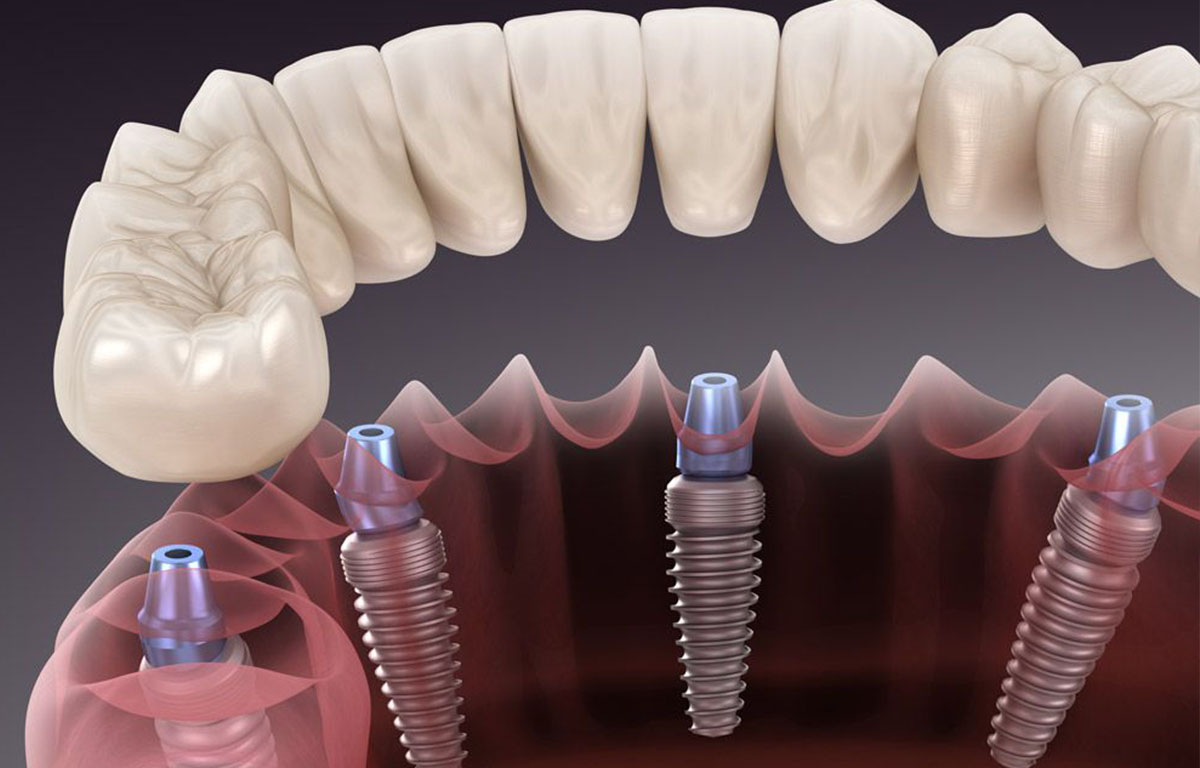
Filing & Bonding at Antalya Dental Hospital, Turkey
Filing & Bonding: What Are They, Benefits and Cost
Teeth can be filled with gold; porcelain; silver amalgam (which consists of mercury mixed with silver, tin, zinc, and copper); or tooth-colored, plastic, and materials called composite resin fillings. There is also a material that contains glass particles and is known as glass ionomer
Teeth bonding is a procedure in which a tooth-colored resin material (a durable plastic material) is applied and hardened with a special light, which ultimately “bonds” the material to the tooth to restore or improve a person’s smile.
Teeth fillings :
- are commonly used to treat cases such as cavities, broken and crocked teeth.
- It is also applied to the protective enamel lair that was affected by erosion.
We offer tooth colored fillings that mainly fall under the following types:
Composite fillings:
- This type of filling is filled and curved directly in the tooth.
Inlays and Onlays:
- Considered as the most durable filing, dental inlays and onlays serve several purposes and are important treatment options for dental restorative requirements.
- The process starts by taking measurements of the teeth, which then allows for the filling to be fabricated in the lab before being applied in the second visit.
Teeth Bonding :
Is a technique where a thin tooth-colored resin material is bonded to the teeth. This procedure is used to repair teeth, change their shape or close gaps between them , its an alternative of teeth veneers.
Teeth Bonding is a Durable , reliable , and most conservative technique.
Questions about Dental Filing & Bonding, with answers from board-certified doctors. Get all of your questions answered on Antalya Dental Hospital.
Need more advice?
If you need free and impartial advice about your oral health, contact our Antalya Dental Hospital Helpline by email or call +90 242-999-1227 (local rate call in the Turkey).
Our Antalya Dental Hospital Helpline is completely confidential and has helped almost 20,000+ people. Contact our experts by telephone, email or online enquiry, Monday to Friday, 08:00 - 18:00.
Frequently Asked Questions About Dental Health
FAQs
Our FAQs are the most commonly-asked questions put to our Dental Helpline over the last year. If you have a question for us, you can ask our Dental Helpline by telephone or email. Alternatively, please take a look at our library of oral health information, which contains a wide range of oral health advice in an easy-to-understand Q&A format.
The crown will be made to match your other teeth as closely as possible. The shade of the surrounding teeth will be recorded, to make sure that the colour looks natural and matches those teeth.
Many dentists today offer special treatment for nervous patients. The first fear to deal with is the fear of telling other people that you are afraid of dental treatment. If you can discuss it with your friends or colleagues you are likely to find someone else who has similar problems. They may be able to recommend a dentist to you. A dentist who is personally recommended by another nervous person is usually a very good choice.
The mercury in dental amalgam is not poisonous once it is combined with the other materials in the filling. Its chemical nature changes so that it is harmless.
Research into the safety of dental amalgam has been carried out for over 100 years. So far, no reputable ‘controlled’ studies have found a connection between amalgam fillings and any medical problem.
No. It is not true that pregnancy causes tooth problems through a lack of calcium, or that you will lose one tooth for each child you have.
Your Best Smile Starts Here
Follow along as Antalya Dental Hospital expert dentists share the latest oral health trends that impact you and your family’s overall health. Dentistry and Oral Health Blog is a rich source of information about dentistry, dental care, tips, news and more. Subscribe to our blog, newsroom and social media.







